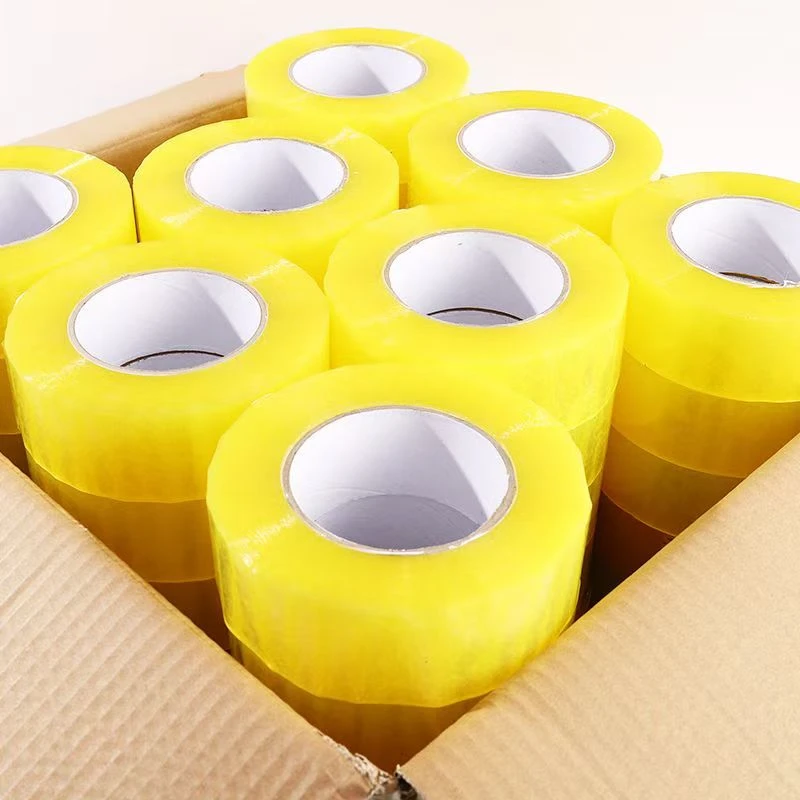Rigid boxes, often referred to as hard boxes, are essential elements in the packaging industry. They stand out due to their unique properties, making them a preferred choice for various applications, particularly in the luxury and retail sectors. These boxes are designed to provide superior protection for products while also enhancing their aesthetic appeal.
One of the primary advantages of rigid boxes is their durability. Unlike standard cardboard boxes, rigid boxes are constructed from thick, sturdy materials, often layered with paperboard, which provides excellent structural integrity. This strength ensures that items, particularly fragile ones, are well-protected during transport and handling. Businesses that prioritize product safeguarding find rigid boxes indispensable, especially when shipping delicate goods such as electronics, glassware, or premium cosmetics.
In addition to durability, rigid boxes offer a highly customizable surface that brands can leverage for marketing purposes. They can be printed with vibrant colors, intricate designs, and logos that reflect a brand's identity. This feature allows businesses to create a lasting impression on consumers, promoting brand recognition and loyalty. The luxurious feel and appealing aesthetics of rigid boxes can significantly elevate a product's perceived value, making them ideal for high-end merchandise.
Moreover, rigid boxes are available in various shapes and sizes, catering to the diverse needs of different products
. Whether it's a standard rectangular box for shoes or a custom-shaped box for a unique product, these boxes can be tailored to fit specific requirements. This versatility not only helps in effective product presentation but also in optimizing space during storage and transport, making them a practical choice for retailers.rigid boxes

Sustainability is another growing concern in today’s packaging landscape. Many manufacturers are responding by utilizing eco-friendly materials in the production of rigid boxes. By opting for recycled paperboard and sustainable sourcing, companies can minimize their environmental footprint while still delivering high-quality packaging solutions. This shift is increasingly important to consumers who are becoming more conscious of their purchasing decisions.
Finally, the ease of assembly is a practical benefit of rigid boxes. They can often be flat-packed and easily assembled when needed, saving time and space during the packing process. This efficiency is a boon for businesses looking to streamline their operations without compromising on quality.
In conclusion, rigid boxes are more than just packaging; they are a strategic tool that can enhance product protection, marketing, and sustainability. Their versatility, durability, and aesthetic appeal make them a popular choice among businesses aiming to leave a lasting impression on their customers. As trends evolve, rigid boxes are poised to remain a vital component of effective packaging strategies in the years to come.



